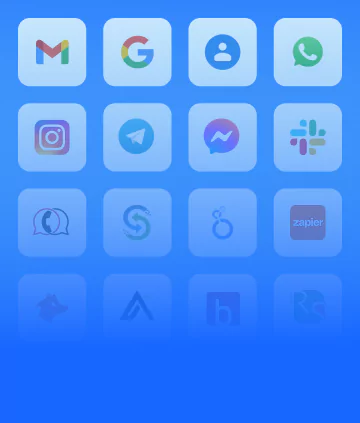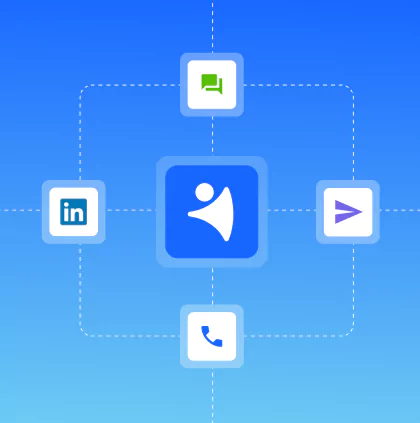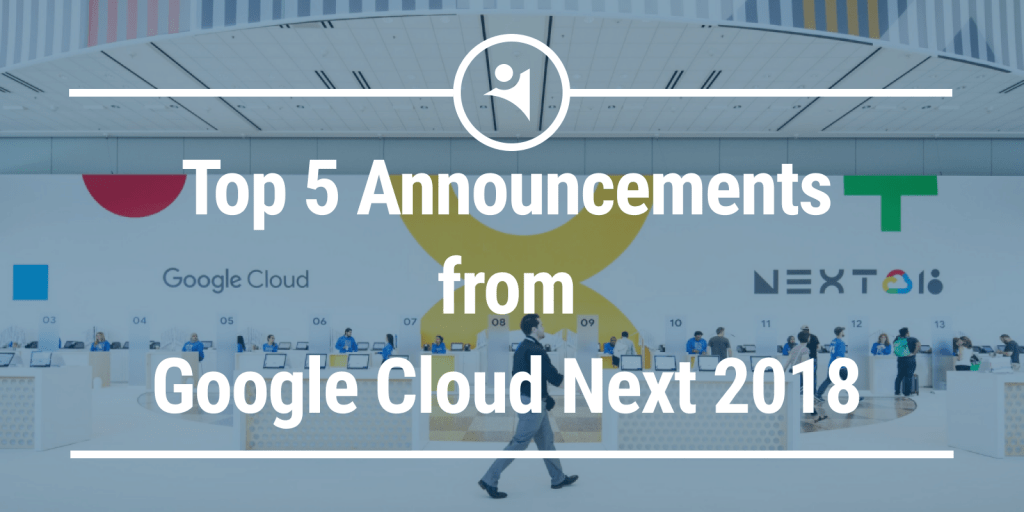Google Cloud Next was amazing this year. We saw it first-hand by flying to San Francisco and attending the big Google conferences.
There was a lot of announcements, some bigger, some smaller. Yet, almost all of them have a clear point and a message that Google was trying to deliver via GCN’18 – that Google is ready to provide the infrastructure and tools for everything business and enterprise related. Google heavily invests in support for hybrid clouds, helping its clients to move away from legacy on-premise solutions to the cloud infrastructure, making an accent on its stability, scalability, and security.
But let’s dive into more details and address the key announcement made during Google Cloud Next 2018 – the ones that are shaping the industry in general and the more local ones which every G Suite user can see right away.
Moving to Google Cloud
“Disrupt in a non-disruptive way” was the motto of this year’s Google Cloud Next. One of the first aspects we can see this is in the rising trend of top companies moving to G Suite to move faster, better connect their team and advance their competitive edge and more apps and services being hosted on the Google Cloud platform (NetHunt is among them, and also a Google Cloud Partner).
Also, as announced by Urs Holzle, Google’s senior VP of technical infrastructure, Google is expanding its cloud footprint by opening three new data center regions: California, Montreal, and the Netherlands. For organizations with data control requirements, this complies with the idea that G Suite will now let customers choose where to store primary data for select G Suite apps—globally distributed, U.S. or Europe.
AI gets accessible… and more useful
Artificial Intelligence was one of the biggest themes of the GCN’18 and it wasn’t just concept discussions. Fei-Fei Li, the chief AI scientist for Google, believes that it’s time to make the power of AI available to everyone and every business. AI has stopped being just a concept and has moved to the practical field. It’s now a tool that companies from various fields can start using to their advantage.
The new “Cloud AutoML” is the “approachable” AI for businesses which extends the capabilities of the image recognition with Cloud Vision. Cloud AutoML Vision, Natural Language, and Translation are all new technologies available in Beta mode and the developers can already access them.
Improved G Suite Security
Google has stated numerous times that the G Suite client’s security is at the topmost priority. With over 1.4 billion G Suite users, the company launched a new security investigation tool for admins to augment the existing tools with the purpose of preventing and detecting potential security issues.
According to David Thacker, Google’s VP of product management for G Suite:
The overall goal of the security center in G Suite is to provide administrators with the visibility and control they need to prevent, detect and remediate security issues. Earlier this year, we launched the first major components of this security center that help admins prevent and detect issues.
With the new tool, it becomes possible to run advanced queries over different data sources to identify the users who might have been impacted by a breach and then investigate what exactly happened. Also, this tool allows for a quick and easy removal of the access right to files and emails to prevent further data loss during the investigation.
Smart Compose is coming to G Suite
According to Google, over 10% of all reply emails sent via Gmail are Smart Replies – a relatively new feature available on the mobile Gmail app. To push this even further, Google is launching Smart Compose, a feature which intelligently autocompletes your emails. Smart Compose can fill in greetings, sign-offs, and common phrases so you can collaborate efficiently. It follows the context of your conversation and contextually completes the text you were writing.
On a similar note, the above-mentioned Smart Reply is coming to Hangouts Chat. Smart Reply in Chat works in the same manner as in the mobile Gmail: it analyzes the way you communicate and suggests pre-made contextual replies which sound similar to the way you communicate, keeping the balance between casual communication and overly formal to make the replies fit the business-oriented purpose of Hangouts Chat. Both of the features are being rolled out to the G Suite users.
Updated and more powerful Gmail
Gmail, arguably one of the center apps in G Suite, has been undergoing a series of improvement and updates over time. And during Google Cloud Next the company has announced that the new redesigned Gmail becomes available to all G Suite users.
Among the updates and new features (excluding the overall redesign), Gmail can boast the following new capabilities that you can already try out:
- Now you can Snooze so they disappear from your inbox until a selected date when you’ll be ready to reply to the message;
- Automatic follow-up reminders (Nudging) will highlight and push certain emails that might require your attention in case there was no reply to it in the first place;
- Auto Reply comes to the web version of Gmail to provide you with quick snippets of answers that would save time and let you immediately react to the messages which, for example, require a confirmation from. Check the templates for out-of-office reply messages;
- The new offline access to the Gmail inbox allows accessing the messages without using the Gmail Chrome app.
Overall, Google Cloud Next 2018 was rich on the announcements that we at NetHunt believe will make your experience working with G Suite apps much more enjoyable and productive. We can’t wait to see the leap that will be made in G Suite productivity in the following year. So waiting for the new announcement and G Suite infrastructure improvements that will be made on Google Cloud Next 2019.




















 product experts — let's find the best setup for your team
product experts — let's find the best setup for your team